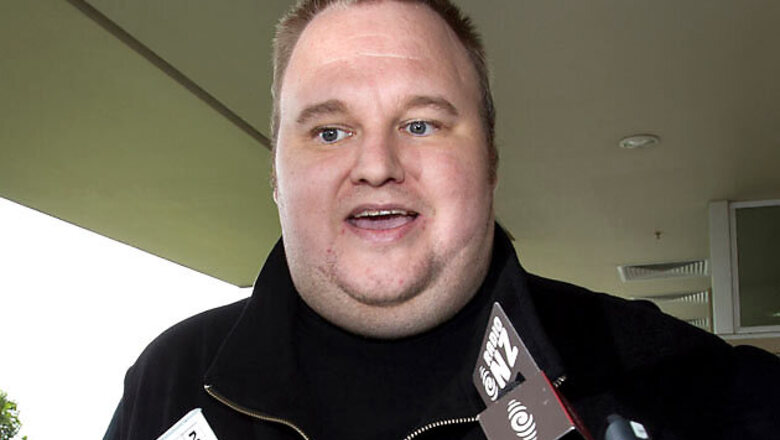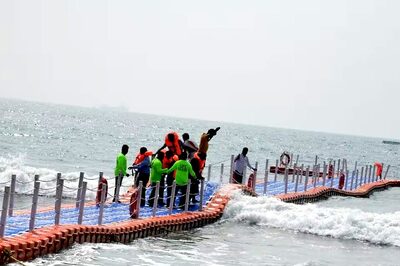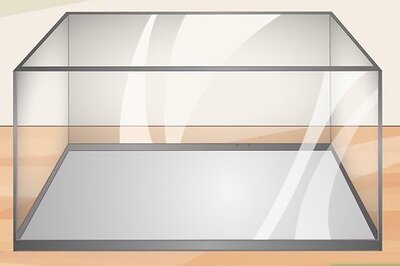
views
Wellington: As revelations of US spying shed more light on a Washington-led intelligence-sharing alliance, a victim of illegal spying by member nation New Zealand on Wednesday warned against following the United States into "the dark ages of spying".
Kim Dotcom, founder of online storage company Megaupload, was monitored by New Zealand's spy agency for US authorities. He told a parliamentary hearing that a proposed law to broaden surveillance capabilities would make it easier for the United States and other countries to keep track of New Zealanders.
"We should avoid blindly following the US into the dark ages of spying," Dotcom told the hearing into a bill which proposes giving the Government Communications Security Bureau powers to monitor its own citizens.
"In the end, the GCSB is just a subsidiary of the (US) National Security Authority and the US government calls the shots."
Dotcom's case highlights the scope of cooperation between the United States and other countries after former NSA contractor Edward Snowden revealed a surveillance program on US citizens and other targets, including missions of the European Union and EU states. Reports of such operations have enraged U.S. allies.
A government enquiry last year found the GCSB acted unlawfully by providing information on Dotcom, a German national with New Zealand residency, to the U.S. authorities before a dramatic raid on the entrepreneur's home in January 2012.
Dotcom and his colleagues were arrested on U.S. charges of online piracy, money laundering and racketeering. They have since been released on bail, although their movements are restricted. A court ruled that the raid was also illegal.
Dotcom face to face with PM
The hearing placed Prime Minister John Key, its chairman, face to face with Dotcom for the first time since the Internet entrepreneur's arrest.
The exchanges became tense at times. Dotcom at one point looked directly at Key and said he believed the prime minister knew about him before the raid -- allegations denied by Key.
Dotcom told the inquiry that his experience showed that "abuse of spying powers is not limited to national security matters ... The GCSB was involved in the raid on my home to support an alleged breach of copyright, it has nothing to do with terrorism or national security."
At the moment, the GCSB can spy on foreign targets although monitoring New Zealand citizens and residents is illegal. In light of the incident involving Dotcom, the government is pushing to change the law to include nationals and residents.
Dotcom criticized the "Five Eyes" intelligence-sharing network comprising the United States, Australia, Britain, Canada and New Zealand, arguing that it enabled countries to circumvent domestic laws against spying on citizens.
"The NSA can spy on New Zealanders. New Zealanders can spy on Americans. The British can spy on Canadians and so forth, and they give each other access to data about their own citizens," Dotcom said. "They are hacking the law."
New Zealand's government has repeatedly declined to comment on the GCSB's cooperation with the NSA.
The revelation that the GCSB spied on Dotcom has bogged down the FBI investigation, pushing back his extradition hearing to as far as April 2014. Dotcom is suing the government for damages related to the surveillance and the raid.

















Comments
0 comment